Andrew: One of my biggest obstacles is getting through the initial phone interview and on to a face-to-face interview. What do I need to know to ace the phone interview?
I’ve interviewed hundreds of human resources professionals. HR professionals are trained experts whose jobs depend on hiring the best possible talent for their employer.
 A phone interview is usually conducted as a preliminary step in the hiring process; an HR recruiter has seen something on a resume that sparked their interest and is calling to get more information before the candidate is asked to attend a more formal, face-to-face interview.
A phone interview is usually conducted as a preliminary step in the hiring process; an HR recruiter has seen something on a resume that sparked their interest and is calling to get more information before the candidate is asked to attend a more formal, face-to-face interview.
Make no mistake: a phone interview is an interview. Even though it is over the phone, it is an important first opportunity for you to make a great impression and be invited to the next step in the interview process.
Here are some tips on how to ace the phone interview.
1.) Don’t wing it. Most likely, you will receive a phone call from a recruiter asking to talk about position X with company Y. Under most circumstances you will want to politely ask to call them back at a mutually scheduled time.
Why? There’s a good chance you are not in front of your resume when they call and most likely you do not have the job description in front of you. You might be driving, at the store, or somewhere else. In addition, if you are like most job seekers, you’ve been applying for a lot of jobs and it can be hard to keep track of each position. You want to be in a comfortable space with both your resume and the specific job description in front of you and you want to have given yourself the opportunity to review in detail the job description they are calling about.
2.) The preliminary phone interview will be aimed at specific areas of your background and experience. They are determining if you meet the key qualifications to be considered amongst those candidates that will be asked to a face-to-face interview. Remember, the HR professional doesn’t want to waste anyone’s time – yours or the department they are representing – they need to make sure the candidates they are ranking have the right qualifications. Be prepared to talk about specific dates in your work history, companies you’ve worked for and your specific levels of experience.
3.) Be prepared to talk generally about your salary requirements and other job-specific details. A big part of the phone interview is to feel you out to make sure you are on the same wavelength with the company about the job. HR recruiters don’t want to take you through the time and effort of the job interview process and then find out later that your salary requirements are much higher than what’s being offered. In addition, they might explore other job-related requirements: Is being on the road 30% of the year okay with you? Are you comfortable with possible relocation? Are you okay with the commute? Are you okay working under contract for the first three months?
4.) Don’t be shy to ask about the job interview process so you know what to expect. It is reasonable to ask when you should expect to hear back and about the interview process. It is also reasonable for you to ask about the salary and benefit package if the recruiter does not bring it up. You also want to make sure that you are not wasting YOUR time.
5.) Try to get contact information of the person who is calling. You want to respond with a thank you note/email and to be able to reach out later if you have not heard back. Remember, even if you do not make it to the next step, it is a good idea to keep in contact with the recruiter. You might see a different job at the company later on that you recognize as a good fit and it is helpful to have a contact there.








